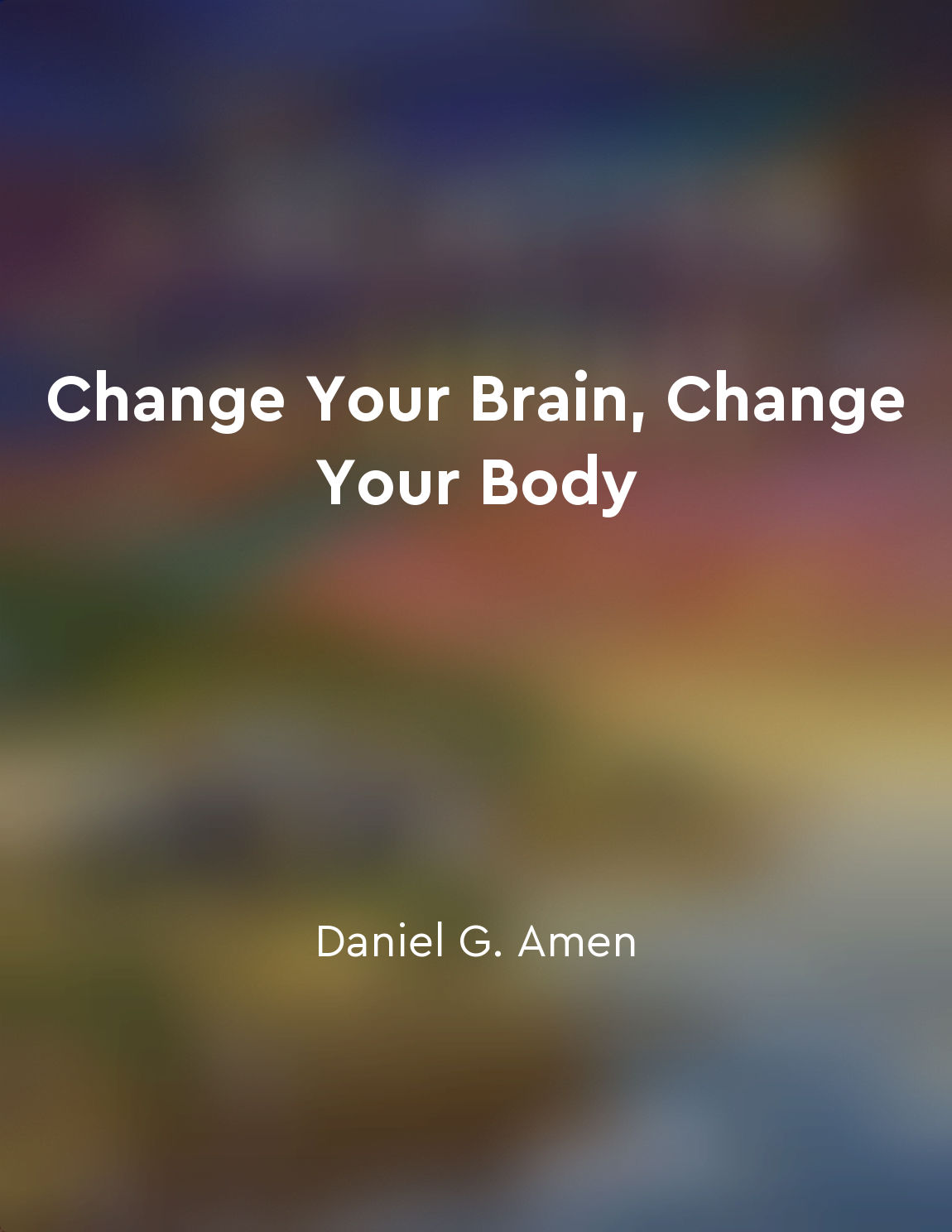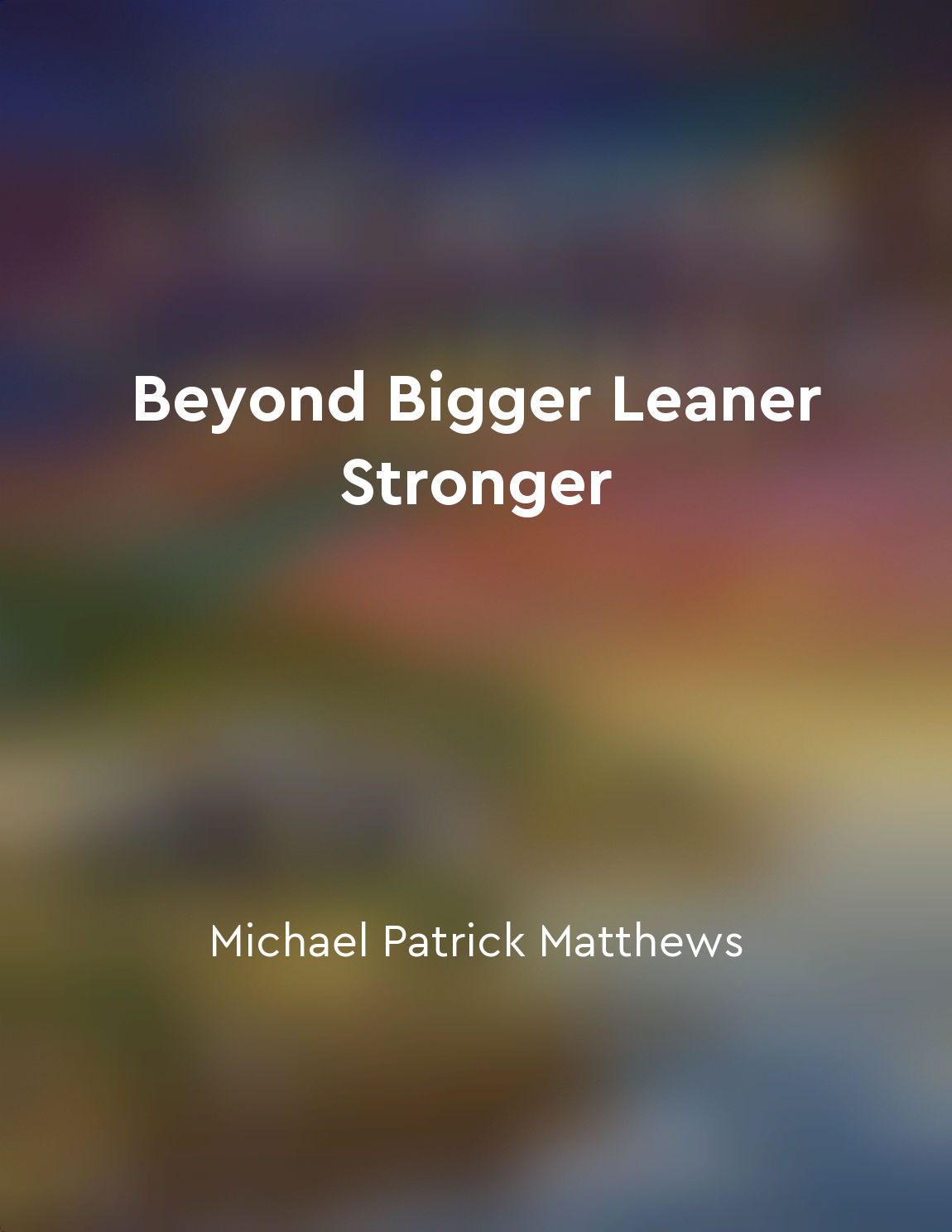Men's brains are less likely to seek social support during times of stress from "summary" of The Male Brain by Louann Brizendine, MD
Men are often portrayed as the strong, silent type, able to handle stress on their own without needing to reach out for support. This stereotype, it turns out, has some basis in reality when we look at the biology of the male brain. When faced with stressful situations, men's brains are actually wired to be less likely to seek social support compared to women. One reason for this difference lies in the way that stress affects the male brain. When men experience stress, the release of the hormone vasopressin actually dampens their desire to seek out social connections. Instead of turning to others for support, men may be more inclined to retreat into themselves, trying to deal with the stress on their own. This behavior can be traced back to evolution, where men were traditionally hunters and protectors, needing to remain strong and independent in order to survive. Seeking social support during times of stress was seen as a sign of weakness, a vulnerability that could put their lives at risk. As a result, the male brain developed a tendency to prioritize self-reliance over reaching out for help. While this may have been adaptive in the past, in today's world where social connections are crucial for emotional well-being, this tendency can sometimes backfire. Men who avoid seeking social support during times of stress may end up feeling isolated and overwhelmed, leading to negative consequences for their mental health. Understanding the biological basis behind men's reluctance to seek social support can help us challenge stereotypes and encourage more open conversations around mental health. By recognizing that men's brains are wired in a certain way, we can work towards creating a more supportive environment where men feel comfortable reaching out for help when they need it.Similar Posts
Recognizing patterns from childhood can help individuals understand their behavior in relationships
When we look back at our childhood, we can often see patterns that have shaped the way we behave in our adult relationships. Th...
Cultural expectations play a role in gender differences
Cultural expectations influence the way men and women behave, think, and feel. These expectations are deeply ingrained in socie...

Personalized treatment plans can optimize brain health
Creating personalized treatment plans is crucial for optimizing brain health. The one-size-fits-all approach simply does not wo...

Mindful eating can reduce stressinduced cravings
When we're stressed out, our bodies release the hormone cortisol, which can trigger intense cravings for sugary, fatty, or salt...
Individual behavior is shaped by both nature and nurture
Human behavior is a complex interplay between genetics and environment. Our genes, inherited from our parents, provide us with ...
Seeking feedback from others can provide valuable insights
Feedback from others is like a mirror that reflects aspects of ourselves that we may not see clearly. It offers a different per...

Celebrate small victories along the way to stay motivated
When you set big goals for yourself, it's easy to get discouraged along the way. Progress can be slow, setbacks are inevitable,...

Practice positive selftalk to boost confidence
Positive self-talk is crucial to building confidence, especially when faced with pressure-filled situations. The way we speak t...

The power of positive thinking can transform our health
Our thoughts have the power to shape our reality, including our health. When we maintain a positive mindset, we can actually tr...
Cultivating positive emotions can lead to greater happiness
Cultivating positive emotions can lead to greater happiness. This idea is supported by research that shows how our emotions pla...
